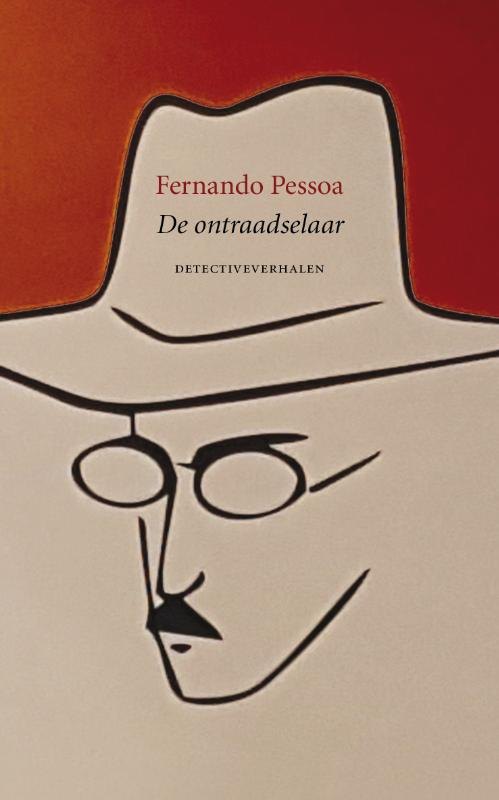
Fernando Pessoa was niet alleen de grootste dichter van Portugal, hij schreef ook korte verhalen, essays, toneelstukken en pamfletten, richtte kranten en tijdschriften op en ‘verdeed’ zijn tijd met het maken van plannen in cafés. Dat hij ook goed om zich heen keek in ‘zijn’ stad Lissabon, blijkt niet alleen uit het magistrale Boek der rusteloosheid, maar ook uit de detectiveverhalen die hij schreef. Zoals Agatha Christie de Belg Hercule Poirot had, en Arthur Conan Doyle moorden liet oplossen door Sherlock Holmes, zo liet Pessoa zijn ‘gevallen’ ontraadselen door de arts in ruste Abílio Quaresma, ‘gespecialiseerd in de algemeenheid’, zoals iemand hem karakteriseert in een van de verhalen. In De ontraadselaar worden voor het eerst vier van de detectiveverhalen over Abílio Quaresma in het Nederlands vertaald.
Author

Fernando António Nogueira Pessoa was a poet and writer. It is sometimes said that the four greatest Portuguese poets of modern times are Fernando Pessoa. The statement is possible since Pessoa, whose name means ‘person’ in Portuguese, had three alter egos who wrote in styles completely different from his own. In fact Pessoa wrote under dozens of names, but Alberto Caeiro, Ricardo Reis and Álvaro de Campos were – their creator claimed – full-fledged individuals who wrote things that he himself would never or could never write. He dubbed them ‘heteronyms’ rather than pseudonyms, since they were not false names but “other names”, belonging to distinct literary personalities. Not only were their styles different; they thought differently, they had different religious and political views, different aesthetic sensibilities, different social temperaments. And each produced a large body of poetry. Álvaro de Campos and Ricardo Reis also signed dozens of pages of prose. The critic Harold Bloom referred to him in the book The Western Canon as the most representative poet of the twentieth century, along with Pablo Neruda.